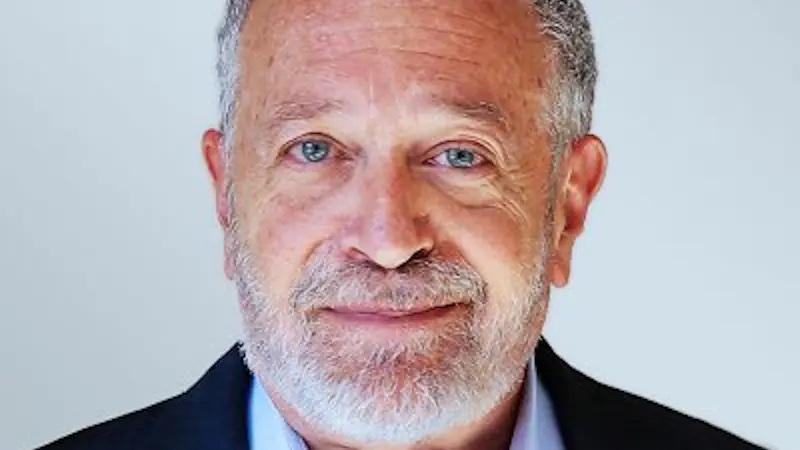
Will Lewis, the chief executive of the Washington Post, announced that the paper would not endorse a presidential candidate this year.
Why not? Lewis explained that the paper was “returning to its roots” when it didn’t endorse presidential candidates.
Lewis’s explanation raises more questions than it answers. ThePosthas made an endorsement for president in every election since 1976, when it supported the candidacy of Jimmy Carter.
Before the late 1970s, thePostdid not usually make presidential endorsements, although it made an exception in 1952 to back Dwight D. Eisenhower. Yet it wasn’t until the 1970s — with its exposure of Richard Nixon’s illegal break-ins at the Watergate complex and subsequent cover-ups — that theWashington Postbecame a respected national newspaper with a reputation for holding the powerful accountable.
Why decide not endorsenow,when America faces an election with potentially enormous consequences for democracy at home and abroad — with someone on the presidential ballot arguably far worse than Nixon?
Besides, the paper had endorsed Hillary Clinton over Trump in 2016, and Joe Biden over Trump in 2020. What’s changed now?
The only credible explanation I can think of is that thePost’sbillionaire owner, Jeff Bezos, doesn’t want to raise the ire of Donald Trump, should Trump become president — especially now that Trump has declared his intention to punish his opponents.
Bezos’s other businesses have many federal government contracts, and his largest — Amazon — is the current target of a federal antitrust suit.
Assuming this is the explanation, it stinks. It undermines the credibility of one of our leading newspapers. It preventsThe Washington Postfrom exercising its responsibility to tell the public where it stands on Trump and why.
The New York Times’seditorial board, which operates separately from the newsroom,endorsedHarris for president on Sept. 30, saying: “It is hard to imagine a candidate more unworthy to serve as president of the United States than Donald Trump.”
At least one member of theWashington Post’sopinions department, Robert Kagan, has resigned. The rest of the opinions department should do so as well. Immediately.
We are come to a juncture in America where, as in the first Gilded Age, enormous wealth is lodged in a very few hands — hands that are now either actively supporting Trump (such as Elon Musk) or afraid to come out against him for fear he’ll wreak vengeance on them if they do.
Trump has already seriously endangered American democracy. Those who are afraid to stand up to his bullying are only encouraging him to further assail democracy.
Marty Baron, the recent editor ofThe Postcalledthe decision “cowardice, with democracy as its casualty. Baron predicted that Trump would view it as an invitation to continue to try to intimidate Bezos and others.
ThePost’smove follows the decision by the billionaire owner ofThe Los Angeles Times,Patrick Soon-Shiong, to block a planned presidential endorsement at that newspaper as well —resulting in the resignation of the head of the editorial board and two of its writers.
Mariel Garza, who resigned as editorials editor, said in aninterviewwith the Columbia Journalism Review that the editorial board had planned to endorse Kamala Harris, but that Dr. Soon-Shiong informed the editorial board on Oct. 11 thatThe Timeswould not be publishing any presidential endorsement.
“I am resigning because I want to make it clear that I am not OK with us being silent,” Ms. Garza said. “In dangerous times, honest people need to stand up.”
Exactly. And in dangerous times, dishonest and cowardly billionaires shouldn’t be able to abuse their power by preventing honest people from standing up.
This is how fascism takes root.
- This article was published at Robert Reich's Substack